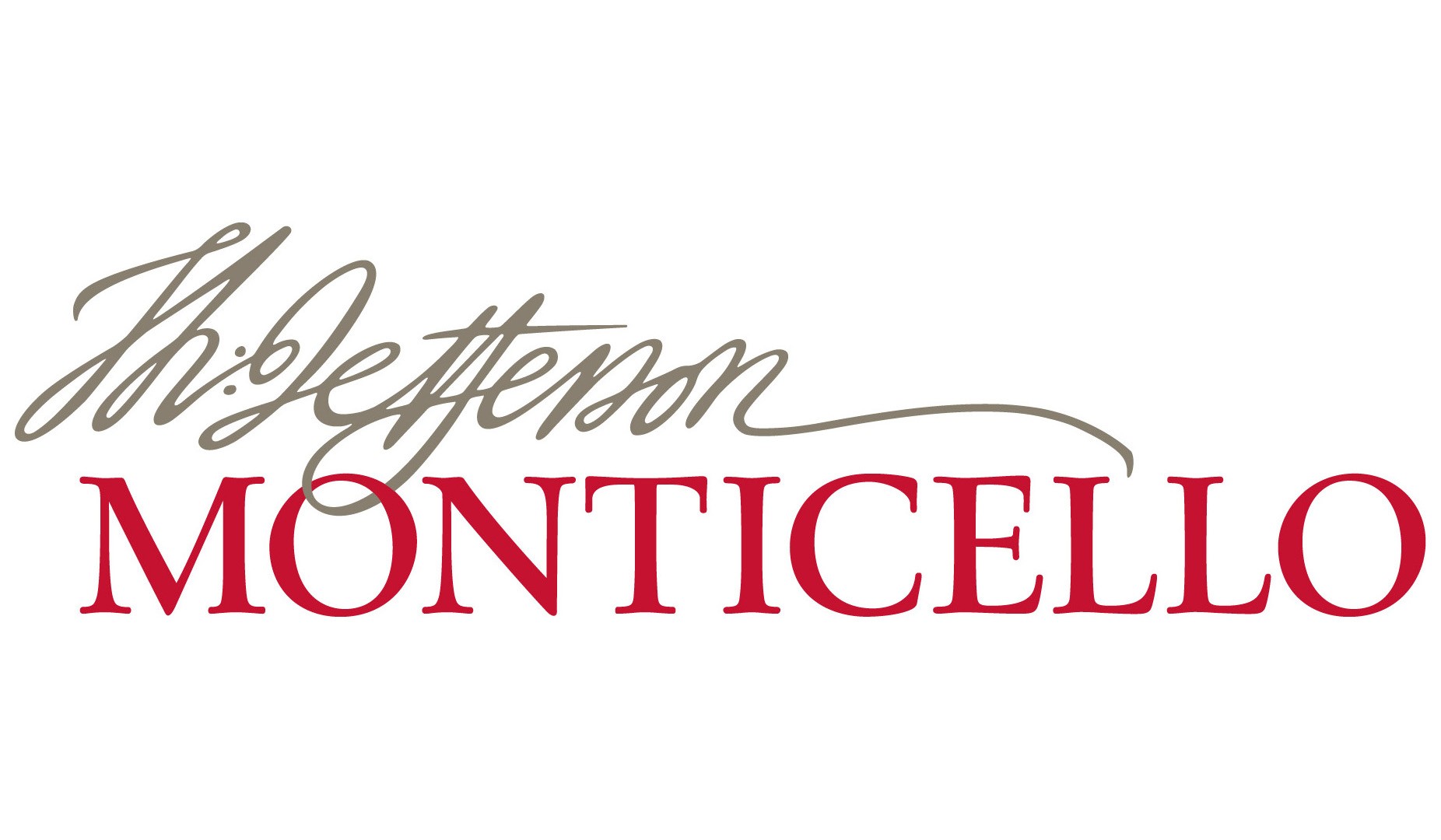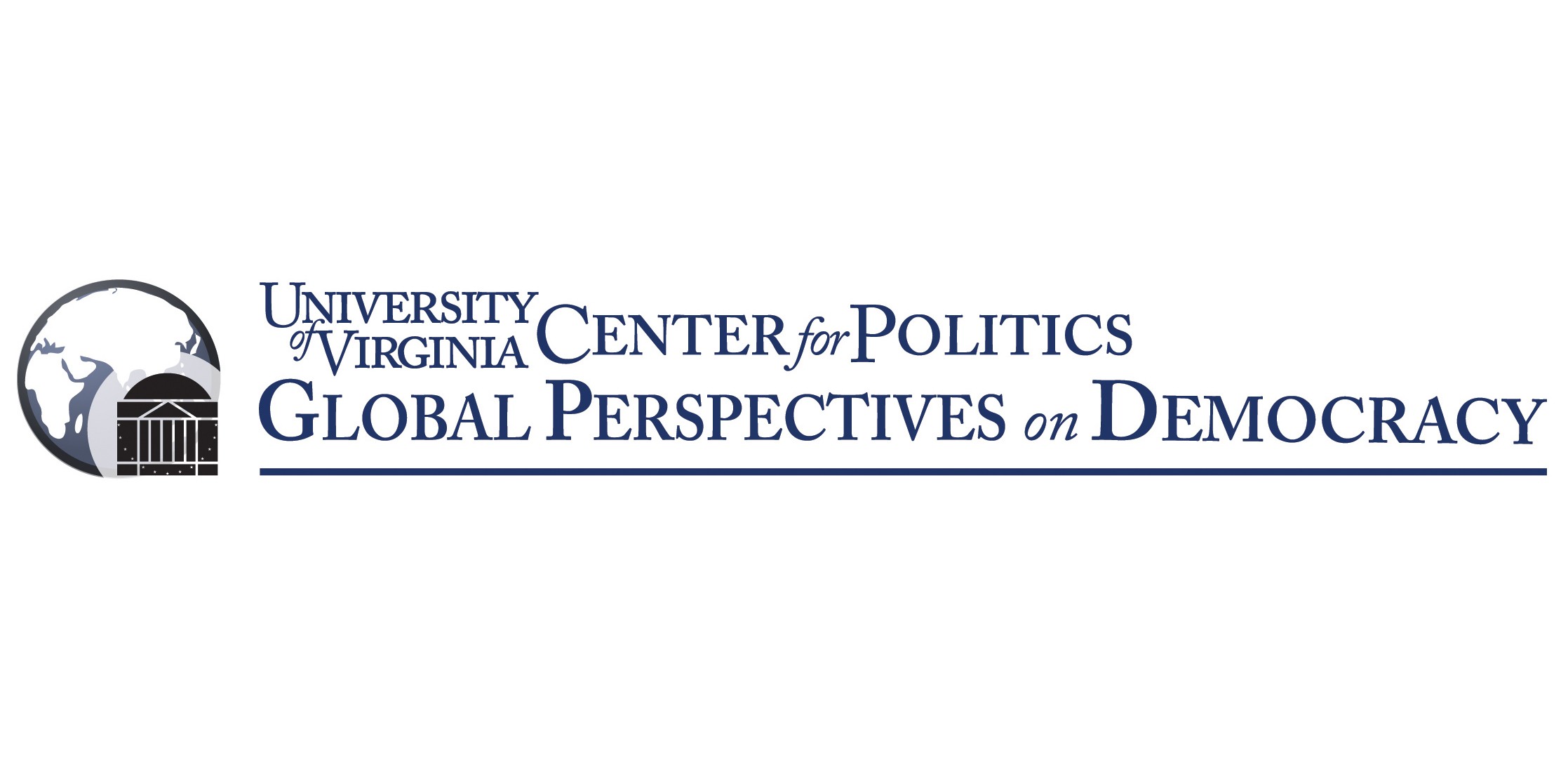Registration is now full
Conference Overview
Americans believe in elections as an essential element of democracy and stable government. But sometimes, elections not only change leaders but whole policy. The results of foreign elections can trigger American emotions ranging from elation to anger. U.S. elections can confuse foreigners, cause them to reevaluate their policies, and set off long-term policy changes and alignments abroad. In the midst of swirling electoral currents, U.S. diplomats are charged with maintaining our relations, explaining foreigners to Washington and Washington to foreigners, and advancing our interests even when we change our mind about what these are.
Join us at the 2024 American Academy of Diplomacy Conference as we look at these recurring themes through personal reflections and historic events with a focus on the different intersections elections make with diplomacy.
The conference is recommended for adults and senior high and/or university students. Registration for students is free with a valid student ID. Please add promo code AADSTUDENT at checkout.
This event will be held at Montalto. Use GPS Address: Montalto Loop Road, Charlottesville, Virginia 22902. Complimentary parking is available onsite - access requires driving up a steep mountain road with multiple switchbacks. The event will begin promptly at 1pm, registration opens at noon.
Presentations
U.S. Observation: Validation or Interference?
Both American and international observers watch elections, rate them, and often publicly speak to their conduct and fairness. Sometimes welcomed, quite often resented, these electoral missions and their outcomes can have strong influence on diplomatic relations. Dr. Graeme Bannerman will reflect on how observers complicate the conduct of relations during these tense times.
Policy Change Abroad: What Can Be Done When a Country’s Election Upturns Relations with the United States?
Speeches and policy positions taken during electoral campaigns abroad can threaten key U.S. interests and potentially relations themselves. When the election ends, everyone waits to see what the reality of the new government will be. Ambassador Wanda Nesbitt will discuss how an ambassador manages such a situation or the abrupt change in policy of the host nation.
American Elections: What just happened?
Americans are proud of their electoral system. Aside from a civil war and an occasional riot, elections and the peaceful transfer of power have been essential to maintaining our Republic for two centuries. But as U.S. diplomats sell democracy abroad, they are called on to explain our complicated (some might say convoluted) electoral system – things like how the electoral college works, how fair or democratic is our system, and why should our sometimes-fractious system be the one that anyone else should copy? Ambassador Phil Kosnett will reflect on lessons from the past and discuss how an ambassador maintains relations and advances key interests when a new administration arrives in Washington with radically different policy ideas.
Keynote Speakers
Dr. Tyson Reeder will look back at the notable elections that impacted American diplomacy, including that of our nation’s third president, Thomas Jefferson.
Ambassador Tom Shannon will provide a broad reflection on the intersection of elections and diplomacy, both foreign and domestic, and look at how they impact the image and interests of the United States around the world.
Full Conference Program ➔
About the Presenters
Dr. Tyson Reeder is a historian of early American politics, constitutionalism, and foreign relations at Brigham Young University. He is a recognized authority on James Madison, most recently authoring Serpent in Eden: Foreign Meddling and Partisan Politics in James Madison’s America. Reeder edited The Routledge History of US Foreign Relations, and wrote Smugglers, Pirates, and Patriots: Free Trade in the Age of Revolution. Before joining the faculty at BYU, he was a faculty member at the University of Virginia, where he was an editor of the Papers of James Madison, with an expertise in Madison’s tenure as secretary of state.
Dr. M. Graeme Bannerman is a Scholar at the Middle East Institute, as well as Board Chair Emeritus of Hands Along the Nile and a Member of the Board of Partnership for a Secure America and on the Advisory Board of the American Chamber of Commerce in Cairo. Dr. Bannerman is also the founder of Bannerman & Associates, Inc., an international consulting firm. He is a former Staff Director of the Senate Foreign Relations Committee, as well as a former Middle East/South Asian analyst on the US State Department Policy Planning Staff. Dr. Bannerman previously taught at several universities, including Georgetown University, George Washington University, and the American University in Beirut. He has served as an international observer of elections in Georgia, the Philippines, Haiti, Pakistan, West Bank/Gaza, Mongolia, Yemen, and Lebanon.
Ambassador Wanda L. Nesbitt retired from the Department of State in 2019 with the rank of Career Minister. During her 38-year career, she served as U.S. Ambassador to Madagascar (2002-2004), Cote D’Ivoire (2007-2010) and Namibia (2010-2013), as well as at numerous other posts around the world. Her last State Department assignment was Dean of the School of Language Studies, where she oversaw the delivery of training in 60 languages to over 2,000 foreign affairs professionals annually. From 2013 to 2016 she also served as the Senior Vice President of the National Defense University. She is the recipient of several awards, including three Presidential Awards for Meritorious Service and the Chairman of the Joint Chiefs of Staff Joint Distinguished Civilian Service Award.
Ambassador Philip S. Kosnett represented the United States in Europe, the Middle East, and Asia during a Foreign Service career that focused on international security and post-conflict governance. Kosnett now consults, comments, and writes on global affairs and has taken on roles in education and humanitarian action. His senior postings included Ambassador to Kosovo; Charge d’Affaires (acting ambassador) in Turkey and Iceland; and Deputy Chief of Mission (deputy ambassador) in Uzbekistan. He served four tours in Iraq and Afghanistan as a provincial administrator and senior political-military officer, and held political-economic, counterterrorism, and environmental diplomacy portfolios at U.S. missions in Japan and The Netherlands. He also held policy, crisis management, and intelligence positions in Washington.
Ambassador Thomas A. Shannon, Jr. holds the personal rank of Career Ambassador and most recently served as Under Secretary of State for Political Affairs (2016-2018), the third highest ranking position at the State Department. In 2017, he briefly served as acting U.S. Secretary of State until Rex Tillerson was confirmed. He spent nearly 35 years in the Foreign Service and has served six U.S. presidents and eleven secretaries of state, including as U.S. Ambassador to Brazil (2010-2013) and Assistant Secretary of State for Western Hemisphere Affairs (2005-2009). Ambassador Shannon currently serves as a Senior International Policy Advisor at Arnold & Porter.
Conference Co-sponsors

The American Academy of Diplomacy
The American Academy of Diplomacy was founded in 1983 by Ambassadors Ellsworth Bunker, U. Alexis Johnson, and John J. McCloy to explore ways in which persons who had served in positions of major responsibility could cooperate to promote the highest standards in the practice of American diplomacy. Today, the Academy is dedicated to strengthening the resources and tools America brings to managing its diplomatic challenges, and accomplishes this through targeted outreach programs, distinguished awards, and robust, practical, research-based publications. Through these activities, the Academy promotes an understanding of the importance of diplomacy to serving our nation and enhancing America’s standing in the world.
University of Virginia Center for Politics
The mission of the University of Virginia Center for Politics directed by Professor Larry Sabato is to educate and inspire citizens about practical politics and civic engagement through programs that are unique, compelling, and open-minded. Everything the Center for Politics does must fulfil the goal of instilling citizens with an appreciation for the core values of freedom, justice, equality, civility, and service. The Center’s Global Perspectives on Democracy program (GPD) hosts exchanges, workshops and presentations for international delegates in the U.S. and abroad with thus far over 1,600 participants from high school students to government ministers. GPD organizes the Ambassador Series which hosts ambassadors from nations around the world who engage with UVA students, faculty, staff, and members of the public.

The Robert H. Smith International Center for Jefferson Studies at Monticello
From its beginning in 1994, the dual purpose of the Robert H. Smith International Center for Jefferson Studies has been research and education – to foster Jefferson scholarship and to disseminate its findings. The activities of the Center are diverse and multidisciplinary. It is a residential site for individual Jefferson scholars and teachers, as well as a venue for lectures, seminars, and conferences. The Center seeks a central role in the ongoing study of Thomas Jefferson internationally by supporting a wide range of inquiry; by building a network of scholars, teachers, and resources; by helping to define new areas of investigation; and by promoting the application of new technologies to Jefferson scholarship. An Advisory Board of acclaimed scholars and statesmen helps guide the Center’s activities.







